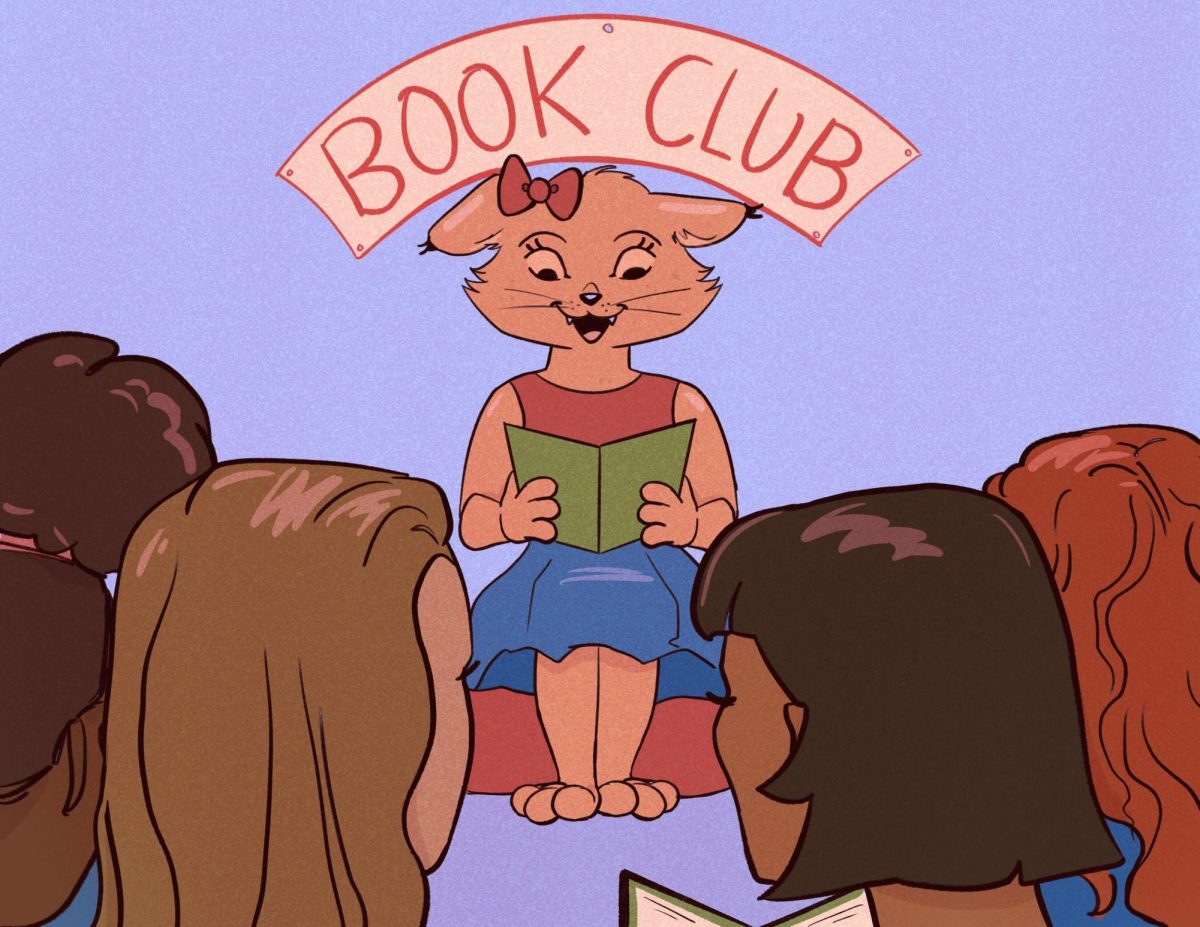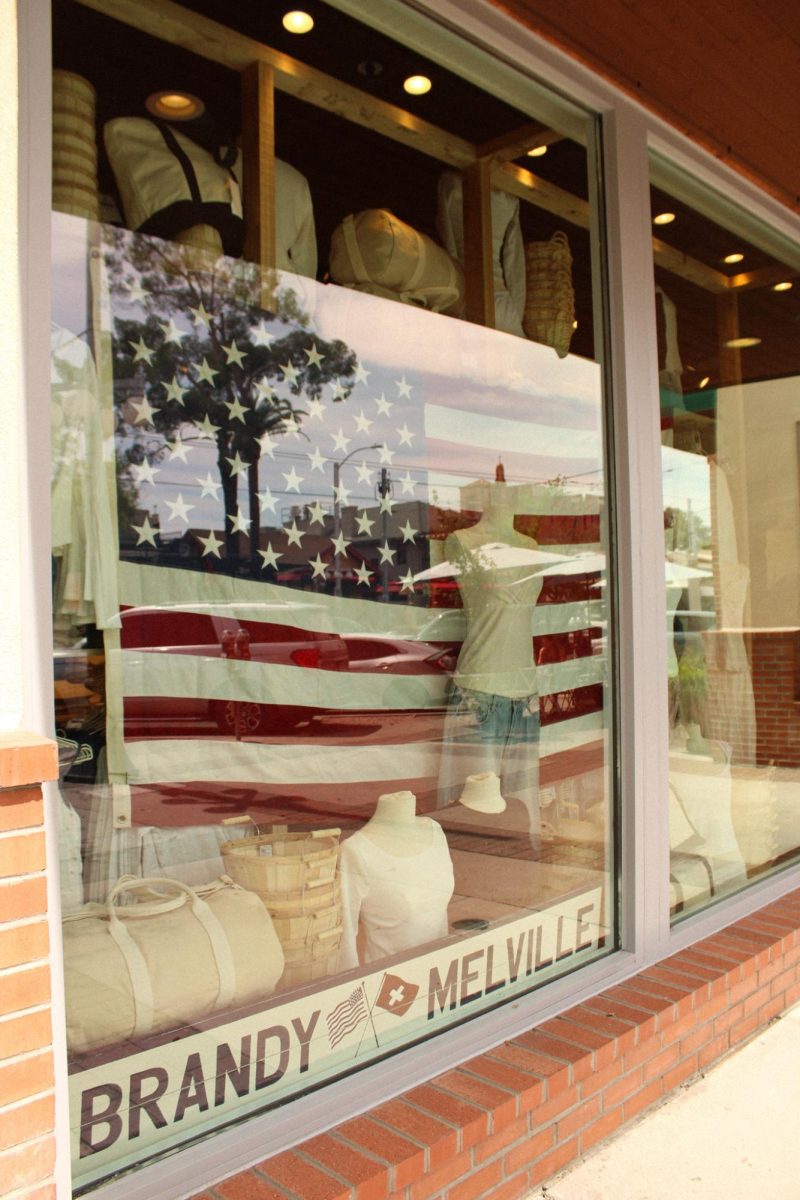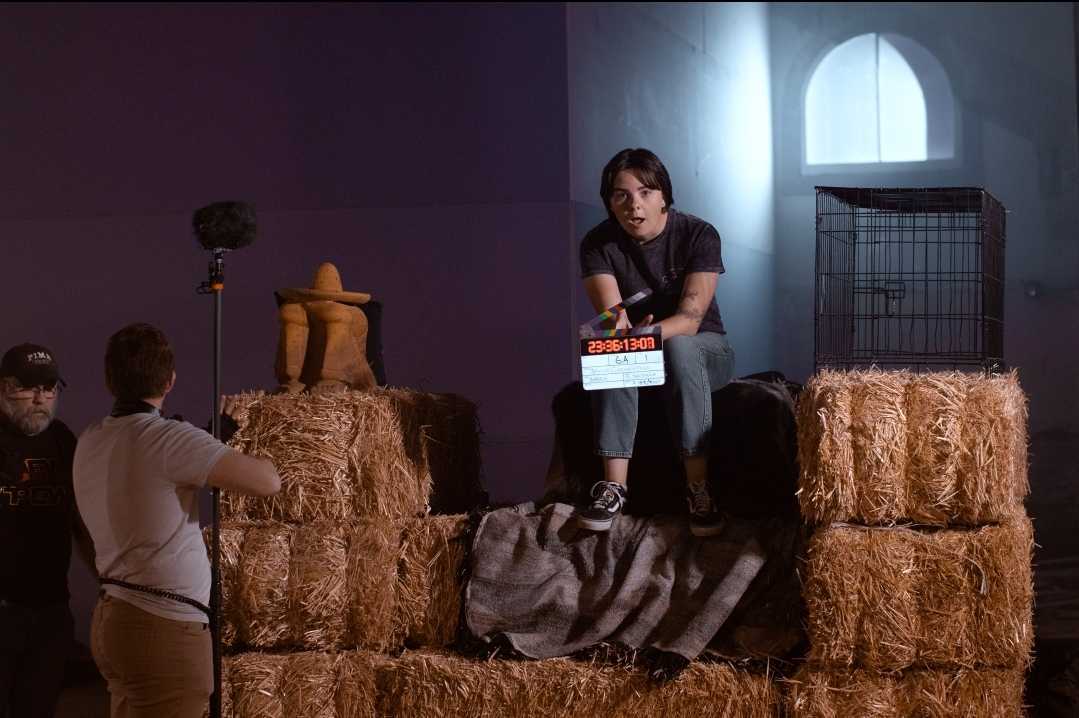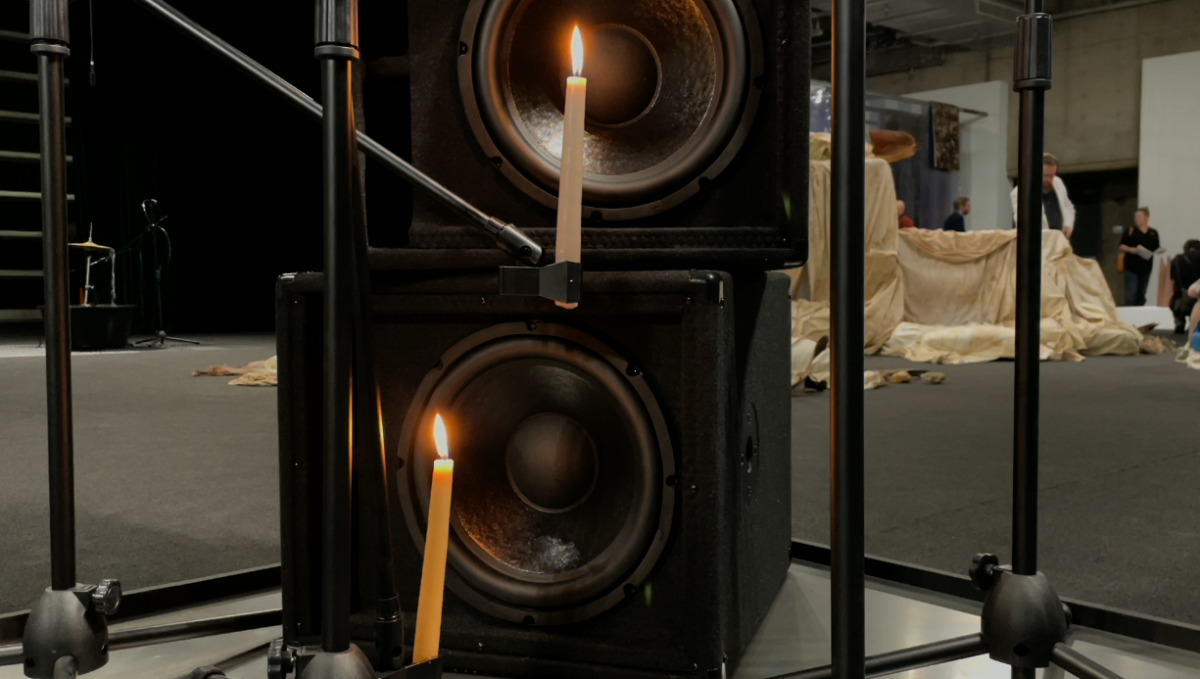With International Women’s Day and what was once “Women’s History Week,” March has earned its place as Women’s History Month, celebrated across the country and internationally. Since its national founding in 1987, Women’s History Month has become a symbol of hope and a commemoration of the progress made in advancing gender equality.
On campus, there are many ways for Wildcats to show their support for Women’s History Month while also engaging with their personal interests.
For example, University of Arizona Bookworms is dedicated to bringing together students passionate about reading and those eager to discuss their latest literary picks. As a book club, it aims to provide a space where students can enjoy books outside of their academic courses.
Alanie Flores, the current president of UA Bookworms, founded the club as a freshman after being surprised that such a large institution like the UA didn’t already have a book club. Over the next few years of her undergraduate education, she worked alongside her advisor and English 109H professor, Lydia Paar, to bring her vision to life.
“During freshman year, the idea came to mind, but it wasn’t really until the following year that we were able to meet with people at coffee shops, and there was just a very loose idea of what the book club was going to be,” Flores said. “We eventually made it more formal and more on-campus.”
Flores never imagined the club would grow into what it is today. Alongside her, Melia Gemrose, vice president, has been with the club from its inception.
Studying English and classics at the University of Arizona, Gemrose said, “Even though I read and talk about books a lot in my major […], I still wasn’t able to really talk about the books that I like to read for fun or that others like to read for fun. I stuck with [UA Bookworms] because I was able to have a space for that.”
Both Gemrose and Flores reflect on the future of the book club, envisioning continued growth and the opportunity to foster even more connections through their shared love of literature.
“I hope that the book club stays around for much longer than the officers are here for. I would love to see us go more into the campus and alumni community and also gain more diverse perspectives and have a lot more people joining just for the love of reading and discussing it,” Flores said.
Having been an opinions editor for The Daily Wildcat, Olivia Krupp has dealt with the challenges of the media firsthand — ones that are becoming increasingly common among women journalists today. During her sophomore year as a student journalist, Krupp wrote a story covering a TikTok influencer and faced severe backlash and harassment from his fans after the star consequently leaked her personal information.
“I’d be lying if I said that what I experienced wasn’t magnified because I am a young woman,” Krupp said, currently a senior at the UA. “A lot of the things that were said to me, or that I went through as a result of that article, were because I was a young woman, and I felt like I couldn’t tell anyone these things or that my male colleagues […] didn’t relate […].”
Krupp goes on to describe how the experience strengthened her drive to continue pursuing journalism and her newfound desire to form a safe and supportive space for female students at the time. The general lack of clubs surrounding the School of Journalism at the UA propelled her to begin the Women in Journalism Club.
“Each meeting is different. We’ve had guest speakers come in the past. We’ve done workshops, and, next week, we are doing a panel and collabing with NIHJ [National Institute of Hispanic Journalists],” Krupp said. “At the basis and the core of it, we are learning and teaching one another something about the field.”
Even given its small size on campus, the Women in Journalism Club continues to provide mentorship opportunities for budding journalists and reshape the community to be more inclusive of different experiences in the field.










